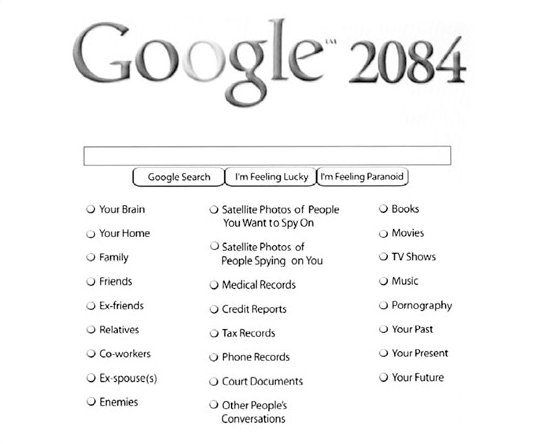Last week Google’s Marissa Mayer announced a new feature enhancement for Google’s Search via a live streaming hook up on YouTube (expect to see much more of the latter) branded as Instant Search. Google’s branding and positioning “search at the speed of thought” generated a tremendous amount of interest and comments in the Blogsphere and via Twitter, Facebook et al.
Google’s intent is to improve the user experience for the searcher consumer by increasing the speed to access information and to make it more “fun and fluid.” We expect to see full fledged browser support and integration within a few months - but Google hasn’t been clear on the exact date when this capability will be rolled out.
How Instant Search Works
Think of instant search as a linguistic predictive modeler - as you type in search words and letters Google shows results that it thinks are relevant to your terminology in real time - returning search results right under the query box that relate to what you are typing in and you utilize arrow keys to work through the search results.
This new process negates the need to type in full phrases hit return and then wait for results, although some may prefer this methodology, which will remain an option.
Instant Search is very fast and it will deffinitely save you time - Google claims an hour after Instant Search was launched it saved users 36,542 hours of time. We don’t disagree about it’s efficiency for the average user in terms of saving time, but be aware there are filters built into the service and other variables mapped out below.
The filters are there to knock out nasty words but time will give us a much better picture of what these filters are doing in reality.You can also turn off Instant Search using Google’s Preferences.
When and Where is Instant Search Available?
Google Instant is starting to roll-out to users on Google domains in the US, UK, France, Germany, Italy, Spain and Russia who use the following browsers: Chrome v5/6, Firefox v3, Safari v5 for Mac and Internet Explorer v8.
Please note, users on domains other than Google.com can only access Google Instant if they are signed in to a Google Account. They will continue to add new domains and languages over the next several months and mobile support at some point as well.
Our Analysis of Instant Search
We believe Google is using some kind of IP Caching and location technology, as in our tests we generated different results using it from one location in California and another in New York. This is no surprise - Google has been utilizing caching for years to speed up the search experience.
One concerns based on extensive testing, is that Instant Search forces the user to quickly work through the top results that are returned and may ultimately negate any searcher digging deeper into search results, including page two.
There have been many complaints and observations in the Blogsphere that this new Instant Search is Google’s way of embracing and supporting bigger brands (corp accounts) that have the marketing muscle and marketing resources to ensure their sites are showing up in the top 2-3 results.
Are these concerns voiced in the social conversation valid? It’s hard to tell right now as the service is just being rolled out and we need more time to analyze the data. But, in a preliminary sense, there is validity to the concerns being echoed about the focus on top tier search results being a core part of the user experience.
Another wild card is how Pay Per Click (PPC) results will be displayed and impact Instant Search. Google’s cash cow to date has and will continue to be PPC - so, we don’t think Goolle will do anything that negates PPC’s tight integration with SERPS (Search Engine Results Page).
Net/net, Instant Search may be a significant productivity tool and will certainly help smart phone and mobile users moving forward. But, could have major impact on traffic for smaller brands and sites and companies who don’t have significant dollars to throw at SEO optimization.
Google Steals Headlines from Social Media Crowd
Finally, Google is certainly realizing Social Media Silos (Twitter, Facebook, Foursquare, Gowalla, etc.) are negating their opportunities to interact with and/or sell services to members of these growing communities.
If nothing else, Instant Search may at least be some kind of shot across the bow, with the intent to show that Google has the marketing muscle to grab instant mindshare when/if it wants to - they at least can win the PR war for a period in time. Keeping Facebook, Twitter and horde of bright shiny social media start ups off the front pages!
















